Zakat is one of the Five Pillars of Islam and holds significant importance in the lives of Muslims worldwide. In its simplest form, Zakat is a mandatory form of charity or almsgiving that Muslims are required to give, aiming to promote social welfare and alleviate poverty within the Muslim community. But, there’s much more to Zakat than just giving money, its spiritual, social, and economic aspects are deeply intertwined with the values of justice, compassion, and communal responsibility in Islam.
In this detailed guide, we’ll explore everything you need to know about Zakat: its definition, its significance in Islam, how it’s calculated, who is entitled to receive it, and its broader impact on both the individual and society.
What Is Zakat?
The word “Zakat” is derived from the Arabic root word “Z-K-A,” which means to purify, grow, or increase. Thus, Zakat is not merely a charitable donation, but an act of purification of one’s wealth. It is a means to cleanse a Muslim’s income and wealth by giving away a portion to those in need, reflecting a commitment to social justice.
Zakat is not voluntary; it is a legal obligation for every Muslim who meets the required financial criteria. It is distinct from voluntary charity, known as Sadaqah, because Zakat is mandatory, whereas Sadaqah is a voluntary act of kindness that can be given at any time, in any amount, and to any cause.
Zakat: A Pillar of Islam
Zakat is one of the five fundamental pillars of Islam, which are the core beliefs and practices that every Muslim is expected to uphold:
- Shahada (Faith): Belief in the oneness of God (Allah) and the prophethood of Muhammad.
- Salat (Prayer): Performing five daily prayers at specific times.
- Zakat (Charity): Giving a portion of one’s wealth to the needy.
- Sawm (Fasting): Fasting during the month of Ramadan.
- Hajj (Pilgrimage): Performing the pilgrimage to Mecca, if financially and physically able.
Each of these pillars represents a key part of Islamic worship and practice, and Zakat, as the third pillar, emphasizes the importance of sharing one’s wealth for the betterment of society.
Why Is Zakat Important?
Zakat serves multiple purposes in Islam:
- Purification of Wealth: Zakat purifies the wealth of the giver by ensuring it is shared with those in need. It helps cleanse the soul of greed and materialism by fostering a spirit of generosity.
- Spiritual Growth: Giving away part of one’s wealth helps Muslims grow spiritually by recognizing that everything they possess ultimately belongs to Allah. It instills humility and a sense of accountability for the well-being of others.
- Social Justice: Zakat is a tool for reducing inequality and ensuring that wealth is not concentrated in the hands of a few. It redistributes resources in a way that supports the poor and vulnerable members of society.
- Strengthening the Community: The practice of giving Zakat creates solidarity within the Muslim community (the Ummah). By sharing their wealth, Muslims support one another, creating a more harmonious and compassionate society.
Who Is Required to Pay Zakat?
Zakat is obligatory for every adult Muslim who possesses a certain minimum level of wealth, known as the nisab. The following conditions must be met for someone to be required to pay Zakat:
- Muslim: Only Muslims are obligated to pay Zakat.
- Ownership of Wealth: The individual must own wealth that exceeds a certain threshold (nisab).
- Full Ownership: The wealth must be fully owned and controlled by the individual.
- Wealth Must Be Held for One Year: Zakat is due on wealth that has been in possession for a full lunar year (hijri year). This is referred to as the “hawl.”
- Wealth Above the Nisab: The amount of wealth that triggers the obligation to pay Zakat is determined by the nisab (the minimum amount of wealth that makes Zakat obligatory). The nisab value is typically equivalent to the price of 85 grams of gold or 595 grams of silver. Depending on the current market prices of gold and silver, this threshold can vary.
How Much Zakat Should Be Given?
The amount of Zakat to be paid is a fixed percentage: 2.5% of the total wealth that exceeds the nisab. This applies to the following types of wealth:
- Cash and Savings: This includes money in savings accounts, investments, and other liquid assets.
- Business Assets: For those who own businesses, Zakat is due on the value of goods and assets intended for sale.
- Gold and Silver: Zakat is due on the value of gold and silver owned by an individual.
- Agricultural Products and Livestock: In some cases, Zakat is also due on certain types of agricultural products and livestock. However, these items are governed by specific rules regarding quantity and condition.
It’s important to note that Zakat is calculated on the total wealth after debts have been deducted. If a person has debts, those debts can be subtracted from the total wealth when calculating how much Zakat is due.
If you want to learn how to calculate Zakat, read our other article on this topic.
Who Are the Eligible Recipients of Zakat?
The Qur’an specifies eight categories of people who are eligible to receive Zakat, and they are outlined in Surah At-Tawbah (9:60):
- The Poor (Al-Fuqara): Those who have insufficient resources to meet their basic needs.
- The Needy (Al-Masakin): Those who may have some income but still do not have enough to live comfortably.
- Zakat Collectors (Amil Zakat): Those who are responsible for collecting and distributing Zakat.
- New Converts to Islam (Mu’allafatul Qulub): New Muslims who may need financial assistance to strengthen their faith.
- Those in Debt (Al-Gharimun): Individuals who are in debt and unable to repay their obligations.
- In the Cause of Allah (Fi Sabilillah): Those who are struggling to support religious or educational efforts.
- The Wayfarer (Ibn As-Sabil): Travelers who are stranded and need assistance to complete their journey.
- Slaves (Riqab): Historically, slaves who sought to buy their freedom, though this category is less relevant in contemporary times.
It’s important to note that Zakat should be distributed within the local community, but in some cases, it can also be sent to other regions or countries where there is a higher need.
Zakat and Social Impact
The act of giving Zakat has far-reaching effects on both the individual and society:
- Eradication of Poverty: By redistributing wealth, Zakat directly addresses poverty, ensuring that those who are in dire need have access to the basic necessities of life.
- Social Solidarity: Zakat fosters a sense of community among Muslims, reminding them of their collective responsibility to care for one another.
- Economic Stability: Zakat helps circulate wealth within society, supporting businesses and encouraging social and economic stability.
- Empowerment of the Needy: Zakat not only provides immediate financial assistance but can also be used to help individuals become self-sufficient, through education, skill-building, and support for small businesses.
A Pillar of Compassion and Justice
Zakat is a vital aspect of Islamic faith and practice. It is not just an act of charity, but a means of purifying wealth, promoting social equity, and helping build a compassionate, just society. By fulfilling the obligation of Zakat, Muslims acknowledge that wealth is a trust from Allah and is meant to be shared with others for the collective good.
For Muslims, paying Zakat is a way to demonstrate their devotion to Allah and their commitment to helping those in need. It strengthens the community, alleviates poverty, and provides the giver with spiritual rewards. Whether one is giving a small amount or a large sum, the act of giving is always a reflection of their commitment to justice, compassion, and faith. By understanding Zakat’s deep significance, Muslims not only comply with an obligation but also contribute to creating a more equitable and compassionate world.

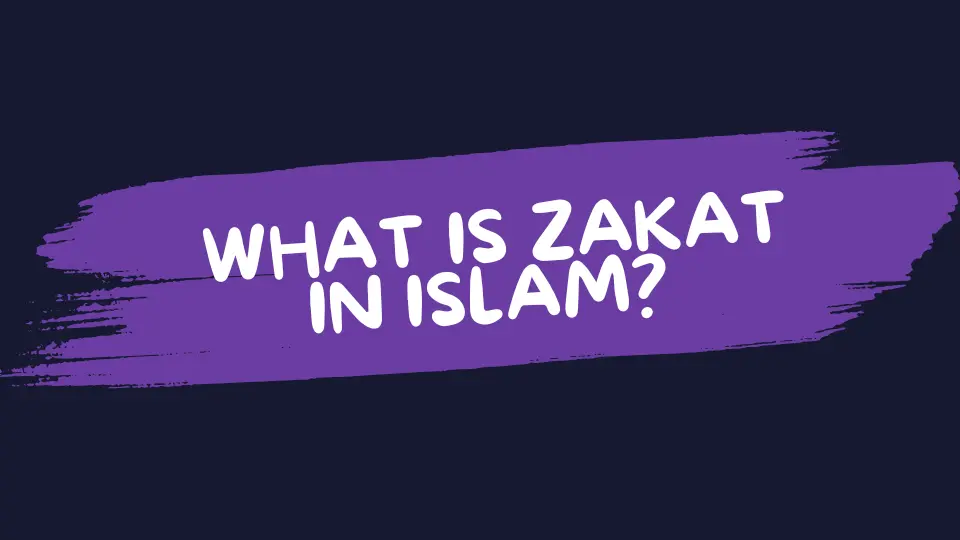
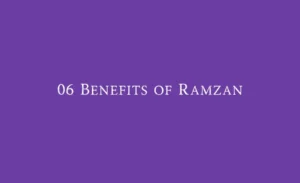
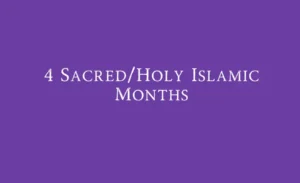
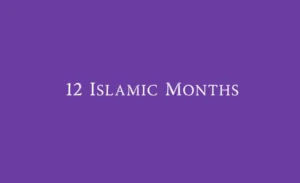
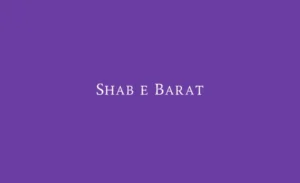

One Response
interesting article